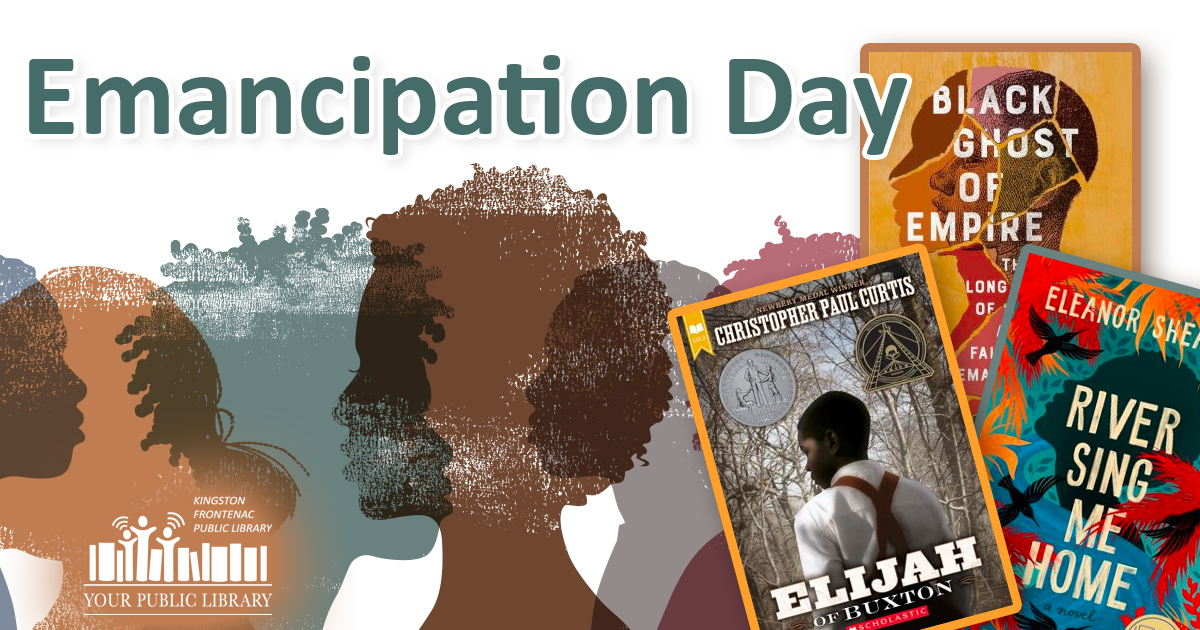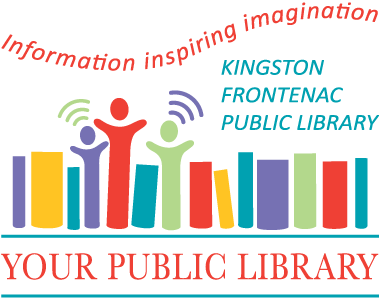
Emancipation Day serves as a reminder of the abolishment of slavery in the British Empire and urges us to stand against anti-Black racism and discrimination while acknowledging and honouring the resilience of Black communities in Canada.
Slavery didn't stop at the United States-Canada border: Canada has a troubling past of enslaving Indigenous and African individuals, a part of history that should not be overlooked.
Enslaved People In Canada by Julie Kentner
Discusses the history of slavery in North America, the lives of enslaved Indigenous and Black people, changing attitudes toward slavery in Canada and the law that made it illegal to enslave people. Ages 9-11.
Elijah of Buxton by Christopher Paul Curtis
In 1859, eleven-year-old Elijah Freeman, the first free-born child in Buxton, Canada, a haven for enslaved people fleeing the American south, uses his wits and skills to try to bring to justice the lying preacher who has stolen money that was to be used to buy a family's freedom. Ages 9-12.
Talking About Freedom: Celebrating Emancipation Day in Canada by Natasha L. Henry
Discover the main features of Emancipation Day celebrations, learn about the people of African ancestry's struggle for freedom and the victories achieved in the push for equality into the 21st century. Ages 12-15.
Trailblazers: The Black Pioneers Who Have Shaped Canada by Tiyahna Ridley-Padmore and Merryl-Royce Ndema-Moussa
Trailblazers: The Black Pioneers Who Have Shaped Canada is a disruptive children's book that introduces readers to Canada's Black history through the incredible and under-told stories of over forty important Black agents of change in Canada. Ages 12+.
River Sing Me Home by Eleanor Shearer
The master of a Barbados plantation announces the king has decreed an end to slavery. The Emancipation Act of 1834 will come into effect the following day. He reveals that they are no longer enslaved; they are now his apprentices. No one can leave. So Rachel runs.
Black Ghost of Empire: The Long Death of Slavery and the Failure of Emancipation by Kris Manjapra
Historian Kris Manjapra identifies five types of emancipations across the globe and reveals that their perceived failures were not failures at all, but the predictable outcomes of policies designed first and foremost to preserve the status quo of racial oppression. In the process, Manjapra shows how, amidst this unfinished history, grassroots Black organizers and activists have become custodians of collective recovery.
It Was Dark There All the Time: Sophia Burthen and the Legacy of Slavery in Canada by Andrew Hunter
Sophia Burthen's account of her arrival as an enslaved person into what is now Canada sometime in the late 18th century was recorded by Benjamin Drew in 1855. In It Was Dark There All the Time, Andrew Hunter builds on the testimony of Drew's interview to piece together Burthen's life while reckoning with the legacy of whiteness and colonialism in the recording of her story.
Canada's Forgotten Slaves: Two Centuries of Bondage by Marcel Trudel and Micheline D'Allaire
Marcel Trudel gives a human face to the over 4,000 enslaved Indigenous and African peoples bought, sold and exploited in colonial Canada. He reveals the enslavers' identities, ranging from governors, seigneurs, and military officers to bishops, priests, nuns, judges and merchants. Trudel describes the plight of enslaved people — the joys and sorrows of their daily existence.













